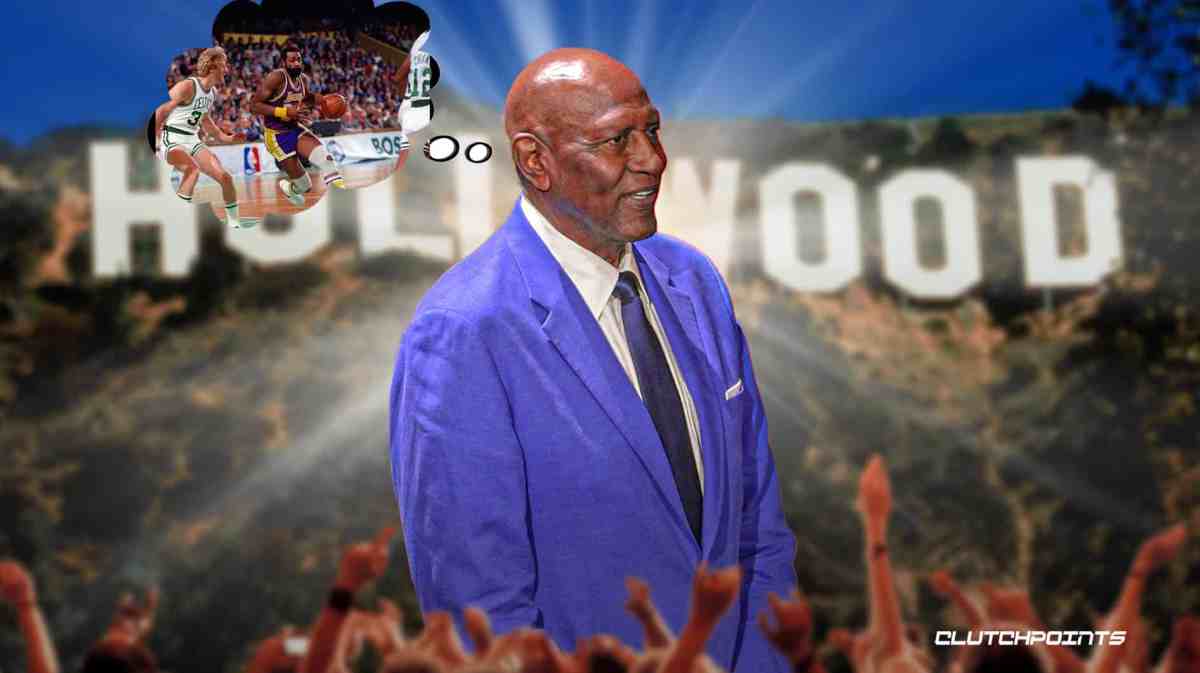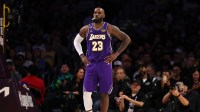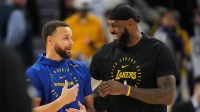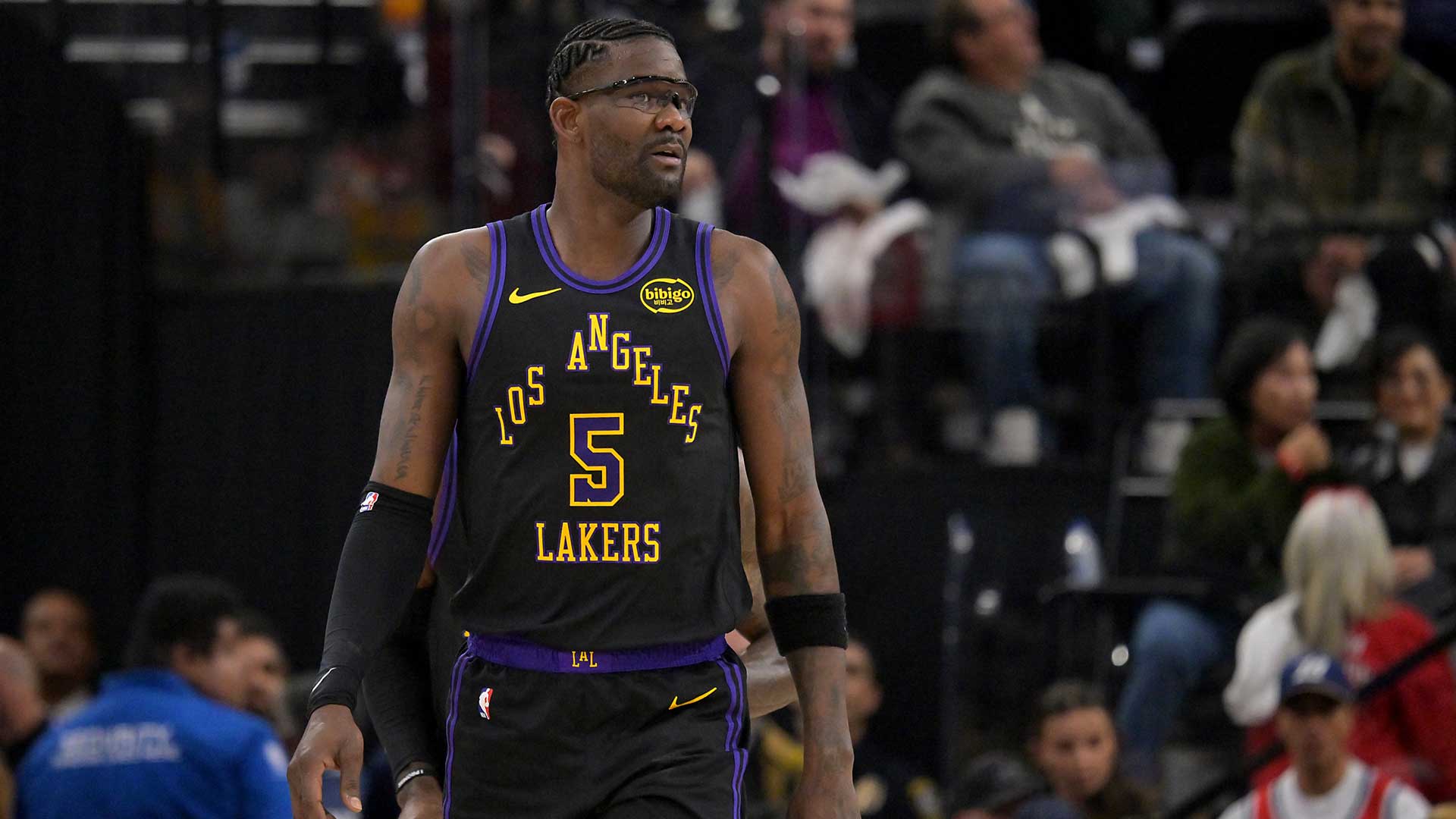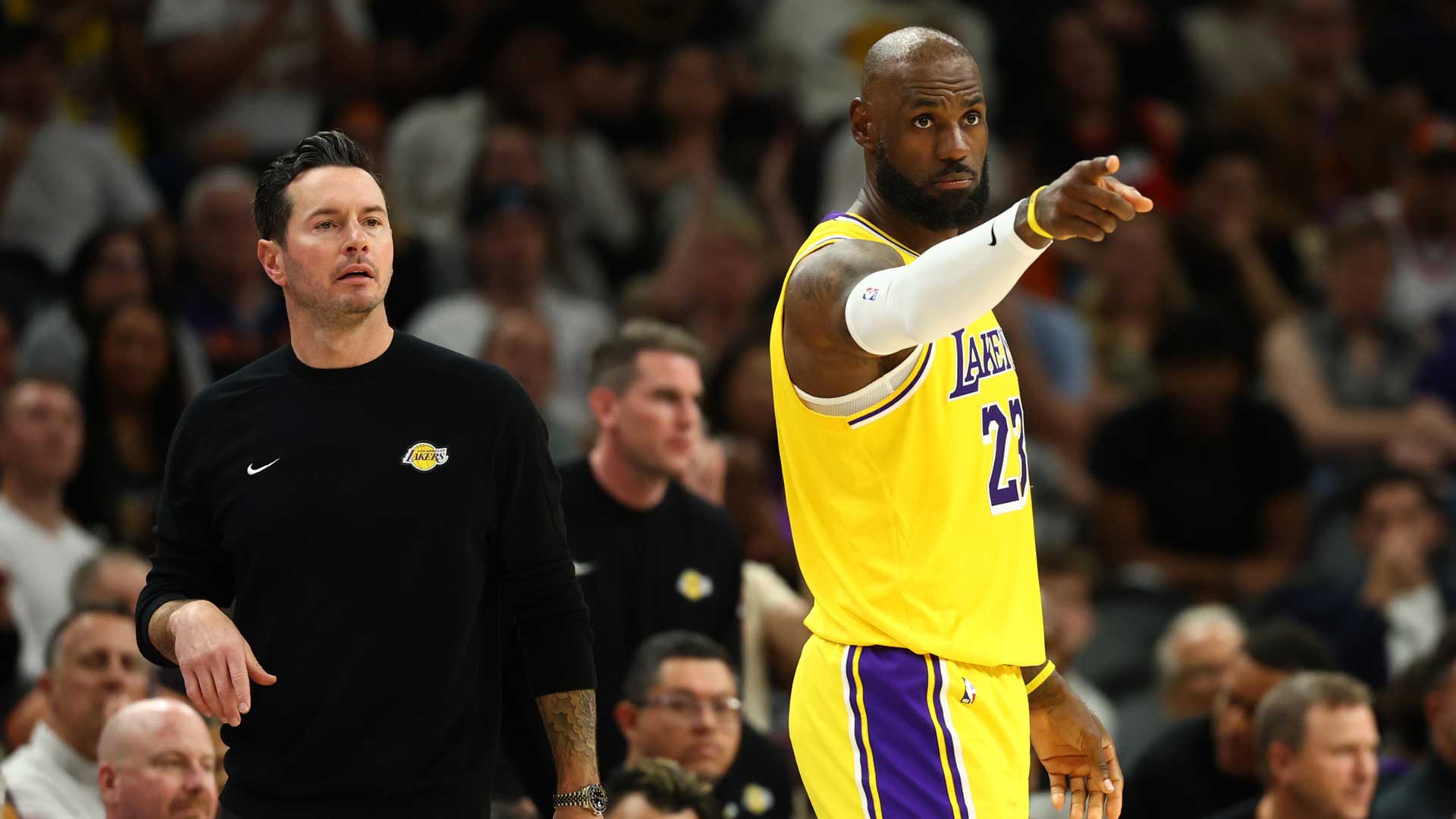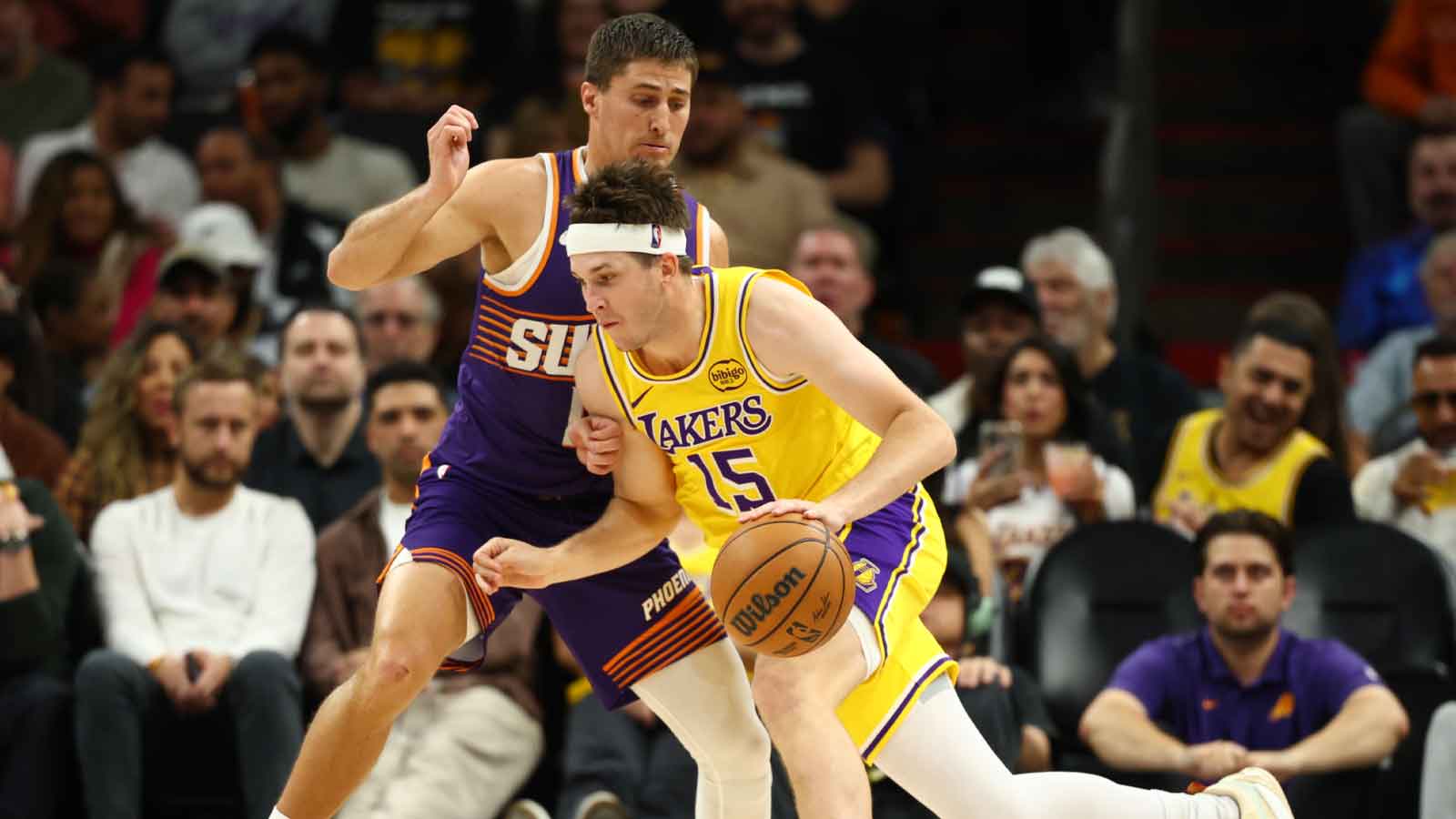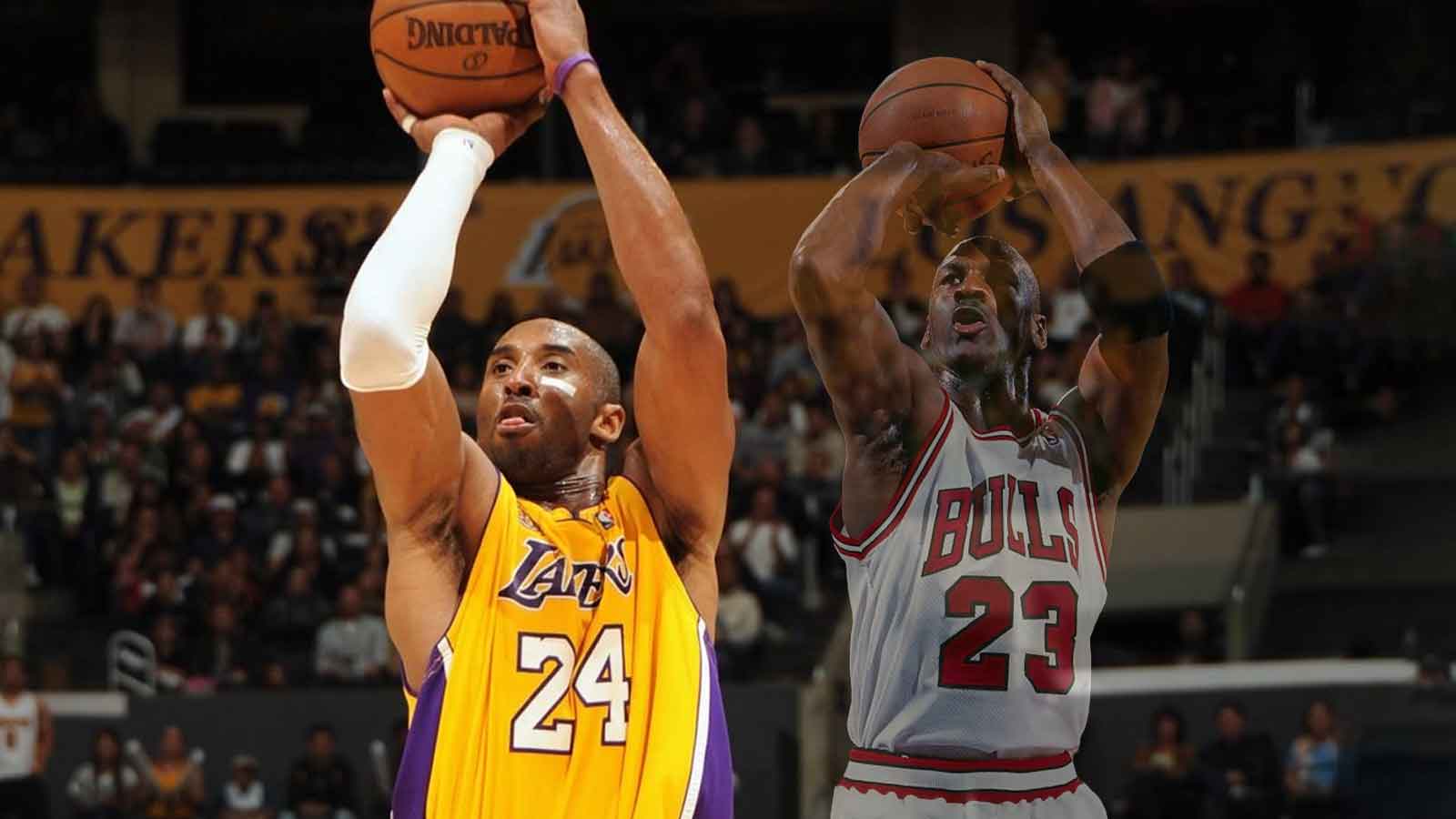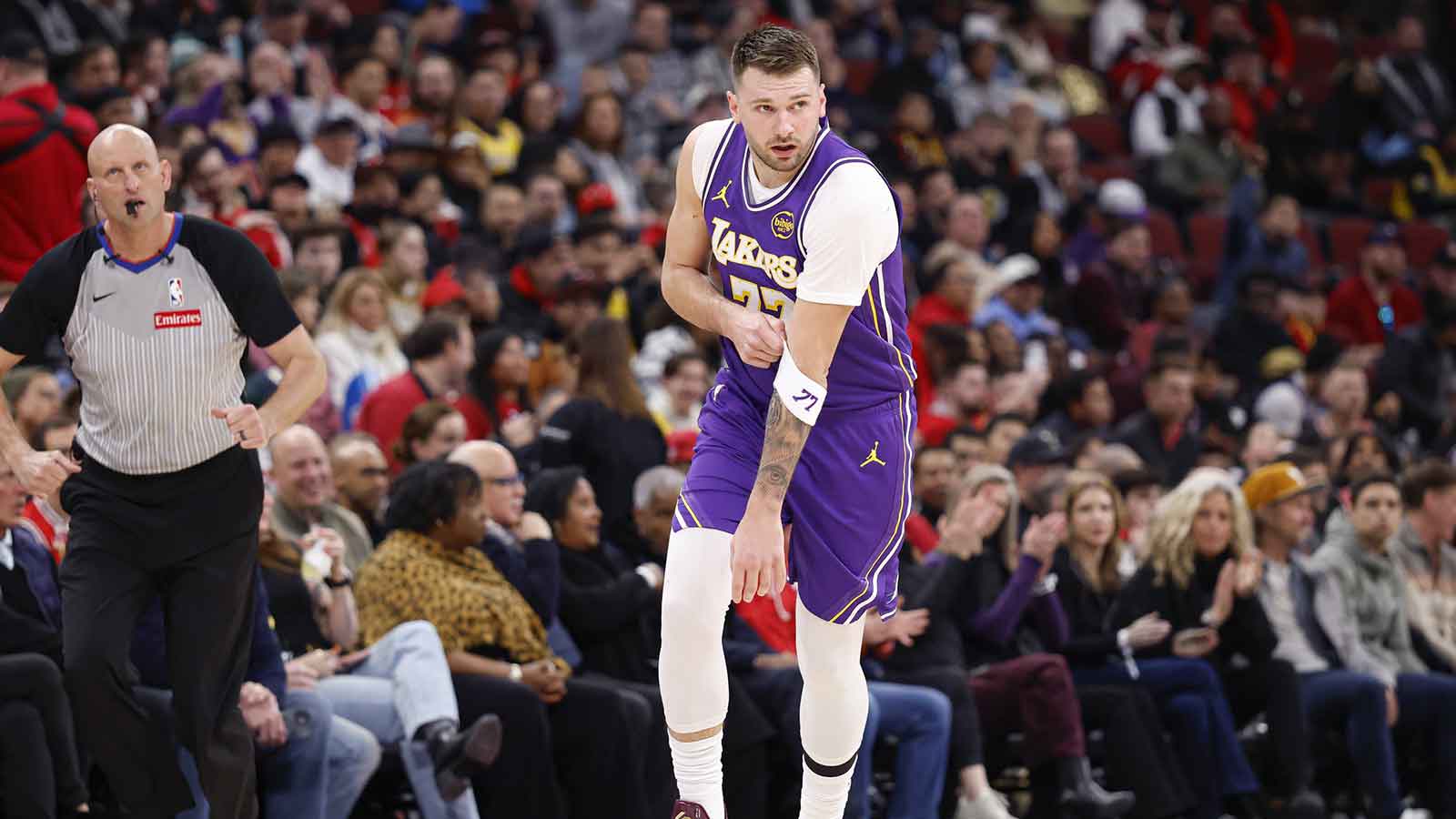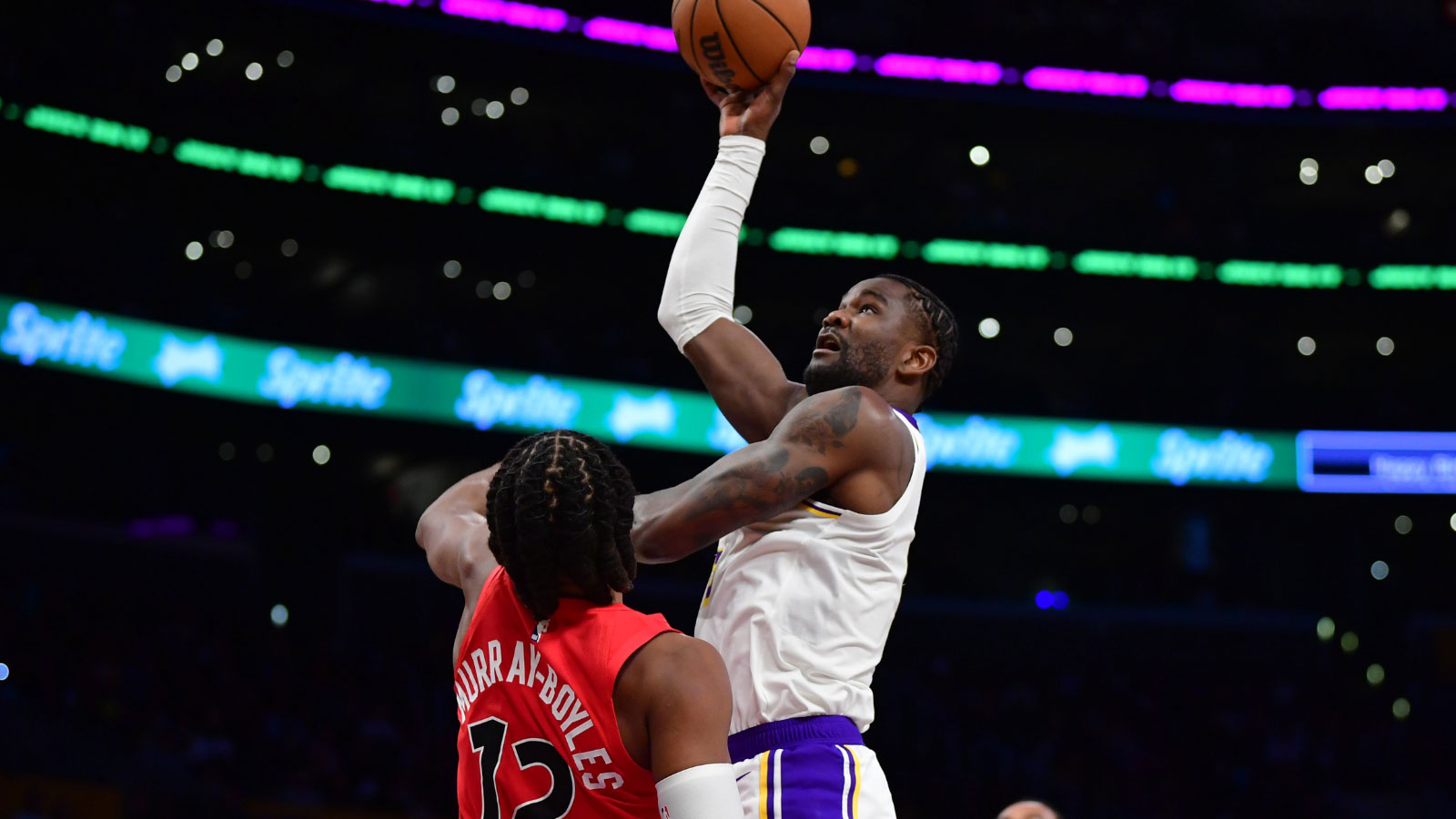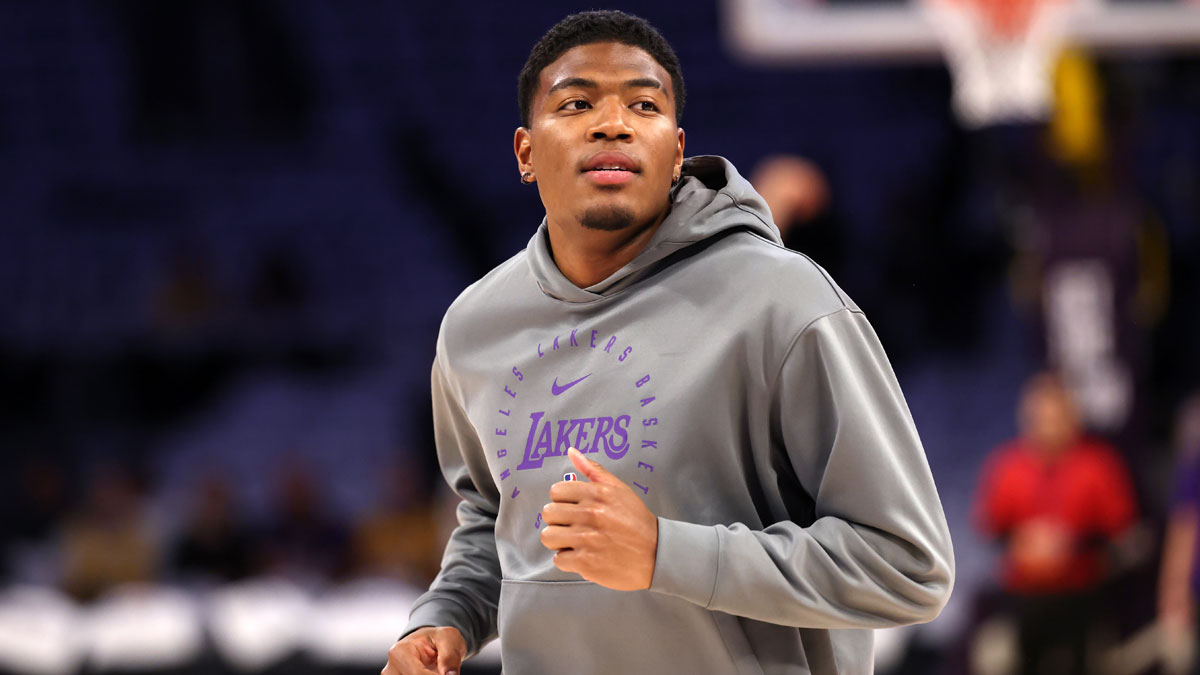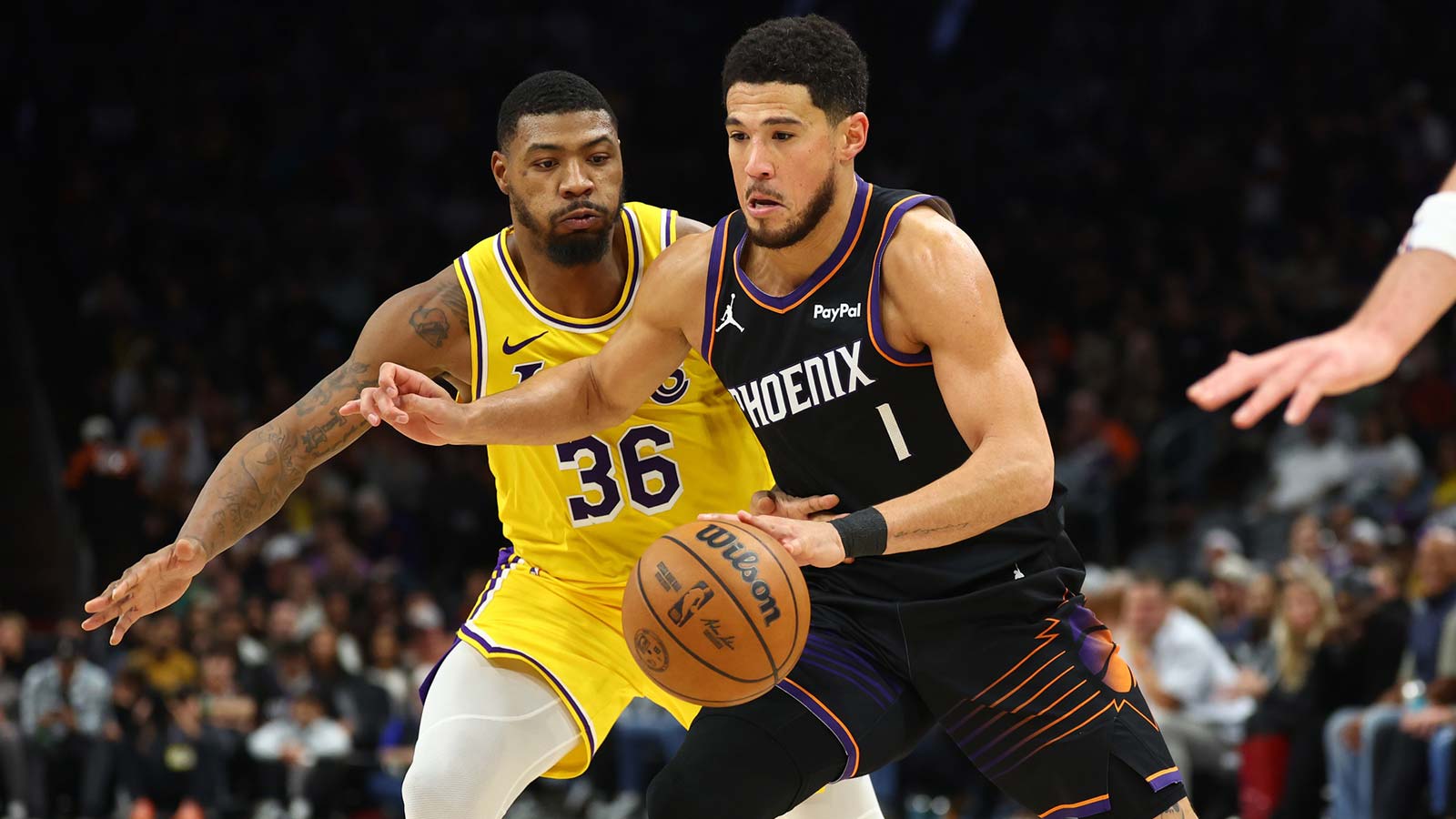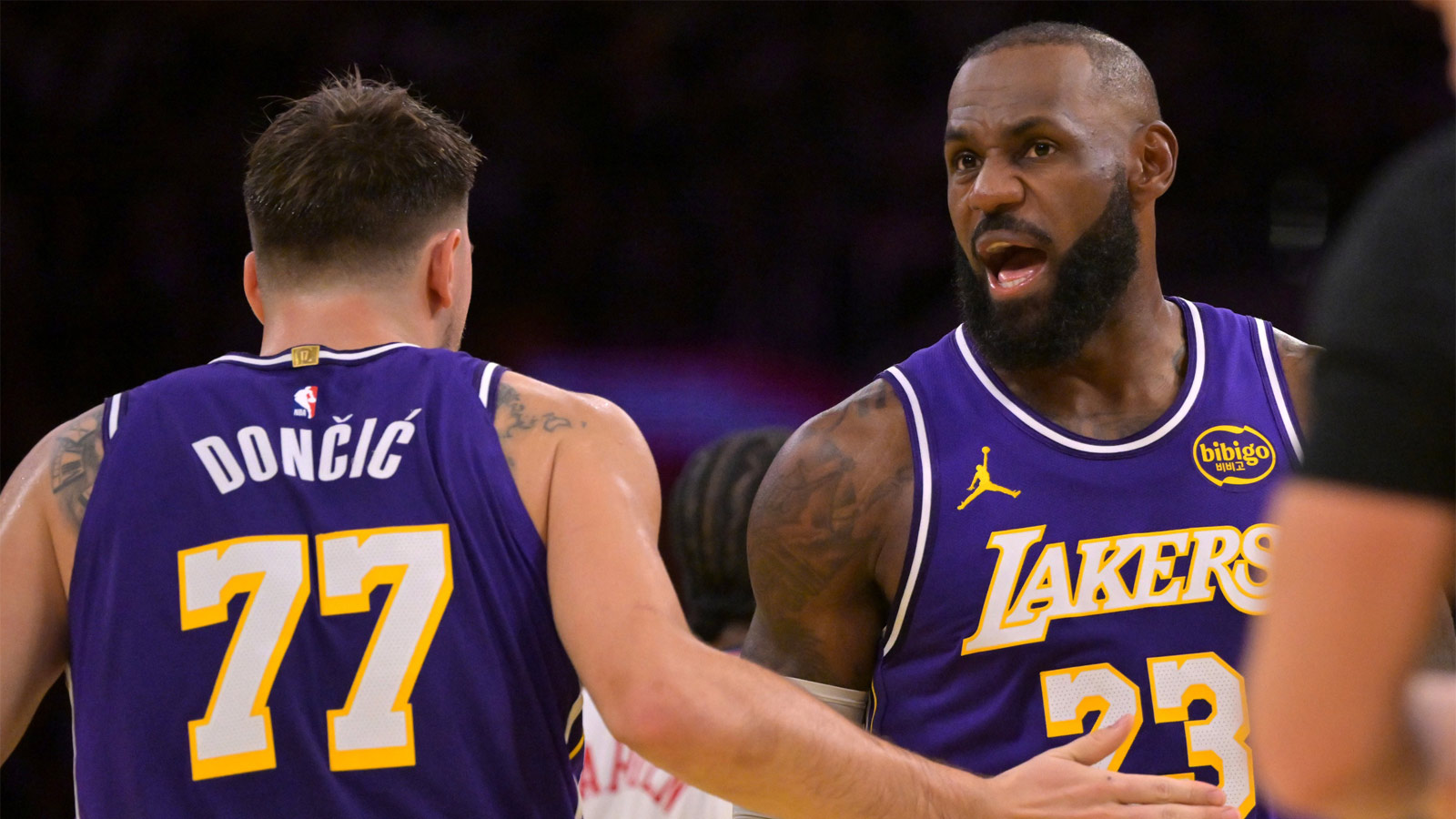Hall of Famer Spencer Haywood, who played in 12 NBA seasons and one ABA season, is a trailblazer. After all, it was Haywood who found a way around the old NBA rule that prevented somebody from being eligible to play in the league unless they were four years removed from high school. Surely enough, Haywood proved that he didn't just belong in the NBA. He was one of its most talented and exciting players, especially during his five-season stint with the Seattle Supersonics.
However, after signing with the Los Angeles Lakers 11 years into his professional basketball career, his output on the court was never the same. After averaging 20.9 points per game during the 1978-79 season, Haywood fell off a cliff in his age-30 season, thanks in large part to his development of a debilitating drug habit which he failed to come to grips with as a member of the purple and gold.
“They knew what I was doing. Denial is a real deep one. For people in recovery, they always say ‘it's not a river in Egypt.' So I understand that. But we're looking at the film, and I would say ‘Man, Magic put so much spin on my ball. You see, I can't catch it. It's Magic's fault,'” Haywood recalled in an episode of the Hoop du Jour podcast with Peter Vecsey.
Spencer Haywood then dove even further into his denial of what was the root cause behind his inability to play as well as he did to begin his career.
“They would say, ‘Spence, you're not rebounding like you used to.' I said, ‘Hey, it's not me. It's Kareem. The shot, the skyhook, it's coming off on the other side. I'm going on this side.' So everybody was sitting at the bench like, ‘Oh Spence, you're so nuts,'” Haywood added.
“I knew my whole basketball hands had gone, I was staying up late. I couldn't run as well as I used to. All of the things was just falling apart that I was such in deep denial that I was like, ‘Hey, it's somebody else's problem. It's not mine.'”
While Spencer Haywood knows that that was a tough period in his life, he knows that to make such mistakes is indicative of the shortcomings inclusive of being human, especially after detailing the treatment he received after finding the loophole that allowed him to play in the NBA earlier than the rules permitted.
“That's the disease though, Pete. But it is also human. Human frailties. But I had so much trauma in my case that I went to the Supreme Court with, ‘Haywood versus the NBA'. That was a lot of trauma buried down there. I was being treated so differently. But I decided to fight this case for players to come in early,” Haywood said.
At the end of the day, it's difficult to qualify Haywood's NBA career as anything short of a success, even if it met a premature end. (He played in just two more NBA seasons after his Lakers stint.) Haywood won a gold medal in 1968, and he can still call himself an NBA champion, having played a part in the Lakers' run to the winning the 1980 championship.
32 years after his NBA career ended in 1983, he finally received a much-deserved induction into the Naismith Memorial Basketball Hall of Fame, denial notwithstanding.

